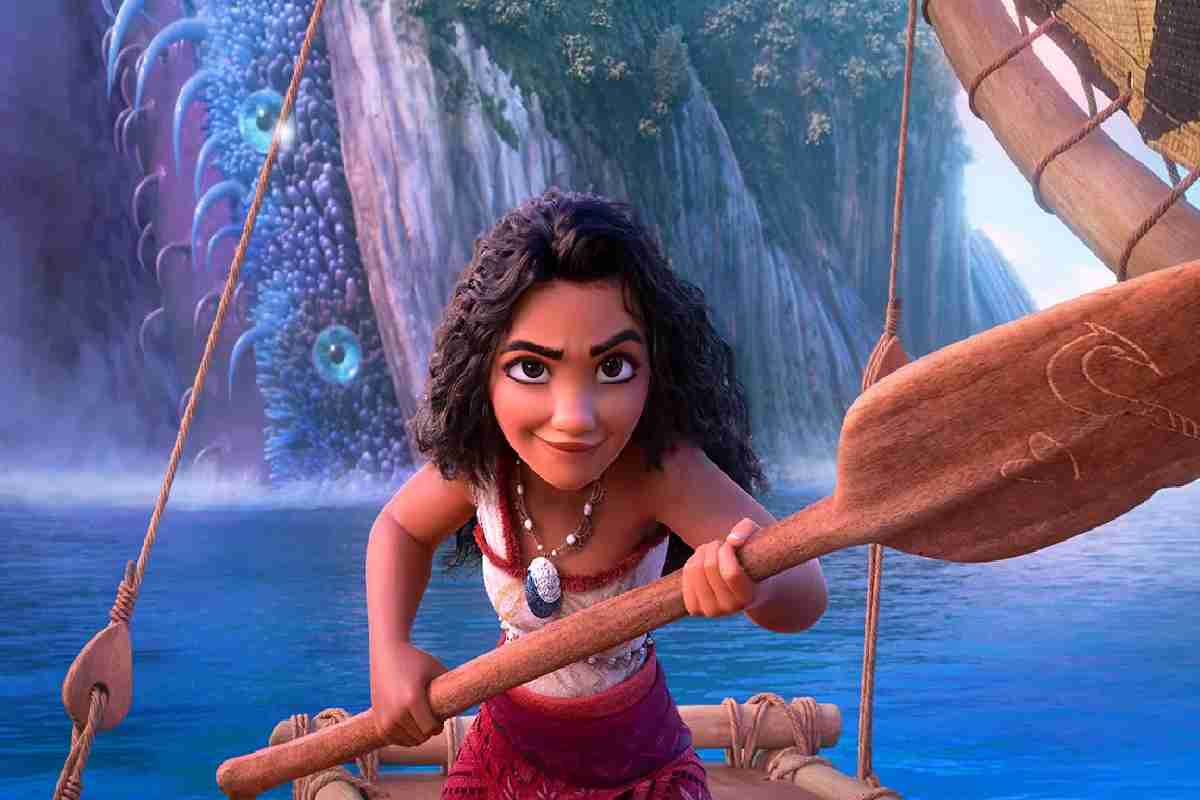
Disney Moana Lawsuit: What You Need to Know
Disney’s Moana is a super popular animated movie, but it’s also at the center of a big lawsuit that’s got people talking about who owns creative ideas and how cultures are shown in films. This guide explains the Moana lawsuit in a way that’s easy for Grade 9 students to understand, covering what happened, why it matters, and what might happen next.
Background of Disney’s Moana
Moana, released in 2016, is a colorful Disney movie about a brave Polynesian girl who sails across the ocean to save her people. It’s loved for its awesome music, strong message, and celebration of Pacific Islander culture. But soon after it came out, some people said Disney might have used ideas from someone else without permission, which started the lawsuit.
The Origin of the Lawsuit
The lawsuit comes from an artist and writer named Lisa Valencia-Svensson from New Jersey. She says Disney’s Moana is too similar to her own story called Māhina, which is also about a young Polynesian girl on an ocean adventure with help from mythical figures. Lisa claims she shared her story with a talent agency, and Disney might have seen it and used her ideas without asking or giving her credit.
Legal Claims in the Moana Dispute
The lawsuit is about a few big issues:
-
Copyright Infringement: Lisa says Disney copied special parts of her story, like characters and themes.
-
Using Ideas Without Permission: She claims Disney took her work after she shared it with an agency.
-
Asking for Money and Credit: Lisa wants payment and recognition for her ideas that she believes were used in Moana.
Disney says Moana is their own original work, inspired by Polynesian legends, and they didn’t use Lisa’s story.
Disney’s Response to the Allegations
Disney is fighting back, saying Moana was made with lots of research and help from Pacific Islander experts, like historians and linguists, to make sure it was respectful and original. The directors, Ron Clements and John Musker, say they worked on Moana for years and never saw Lisa’s story. Disney insists the movie is their own creation, and the lawsuit doesn’t have a strong case.
The Impact on Cultural Representation
The lawsuit also raises questions about how big companies like Disney use stories from different cultures. Moana was praised for showing Polynesian culture, but some people wonder if Disney used the culture fairly or if they should have worked more with smaller creators. This case makes people think about who gets to tell cultural stories and whether independent artists should get more credit or money.
Similar Lawsuits Against Disney
Disney has faced other lawsuits like this before. For example:
-
Someone claimed Disney stole ideas for Zootopia from their work.
-
People said The Lion King was too similar to a Japanese show called Kimba the White Lion.
Many of these cases were settled or thrown out, but they show that Disney often gets questioned about where their ideas come from.
What Happens Next?
The Moana lawsuit is still going on, and people are watching to see what happens. If the court says Disney did something wrong, it could mean:
-
Paying Lisa money for her ideas.
-
More questions about how Disney makes its movies.
-
Changes in how movie studios use ideas from others.
If Disney wins, it might show that their way of making movies is okay and protect their storytelling process.
Final Thoughts
The Disney Moana lawsuit is more than just a fight over a movie—it’s about who owns creative ideas and how cultures are shared in films. It’s a reminder that creating stories is exciting but can also be tricky. Whether you love Moana or are curious about how movies are made, this lawsuit is an interesting story to follow!

